Why It’s Important to Start Montessori Science Early
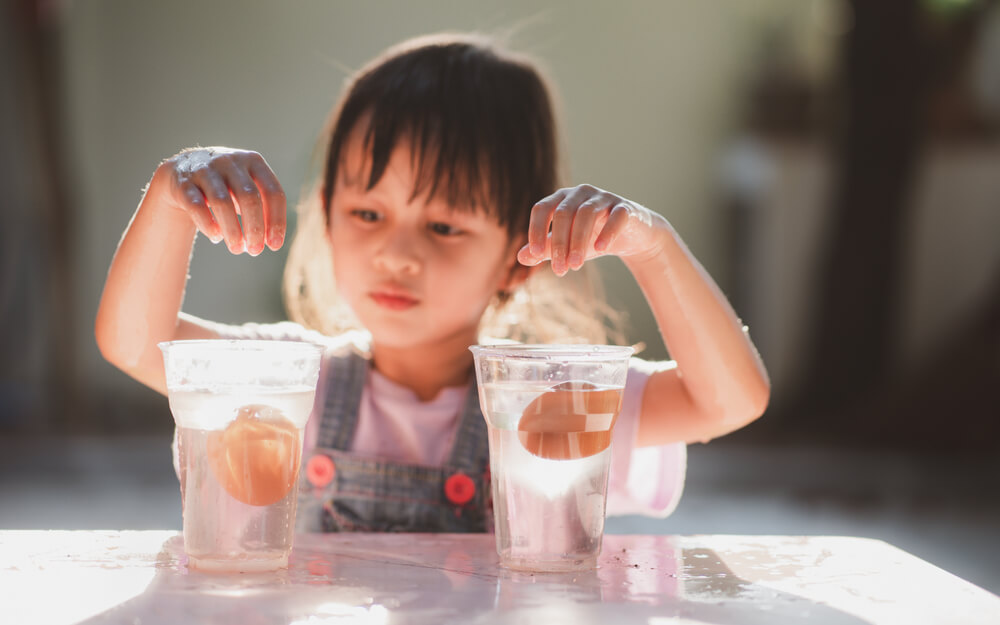
Montessori science activities can be an integral part of science education. When we talk about “science education,” a vision of high school students in a lab, or college students in a lecture hall often comes to mind. However, that is not even close to where it starts.
When I was 2, my favorite word was “why.”
Mom: “If you touch the cat’s whiskers he might get mad.”
Me: “Why?”
Mom: “Well his whiskers are very sensitive.”
Me: “Why?”
Mom: “Cats’ whiskers are made to be sensitive so they can feel things … like how you feel with your hands.”
Me: “Why?”
For those of you who know my mom, Letty Rising, you’ll know she was keen to turn anything into a learning opportunity in the spirit of Maria Montessori. She likes to say I was already so curious about the world that I couldn’t stop asking questions … I think my vocabulary was still pretty limited.
All jokes aside, children really do begin using language to ask questions as early as 2 or 3. Before that, they are asking questions without even using words. They might look extra closely at something, or touch something and then look at you.
As they develop, the questions become more specific and thoughtful.
Why is the sky blue?
How far away is the sun?
Why aren’t there any more dinosaurs?
Why is my ice cream melting?
What does this have to do with Montessori science activities? Science is the study of the world around us. A scientist’s job is to ask questions about the world, and then to experiment and investigate to find the answers. There is not a more natural scientist than the elementary child. They are in their prime to ask questions and want to investigate. Rather than waiting until middle or high school to start teaching science, let them start exploring in early elementary, or even when they’re younger!
Table of Contents
- Let’s talk about some of the benefits of preparing a learning environment with plenty of Montessori science experiments for your children to choose from.
- So … what are some easy steps you can take to incorporate more Montessori science activities into your routine?
- Try Montessori Laboratory’s Hands-on Science Lessons for Free
Let’s talk about some of the benefits of preparing a learning environment with plenty of Montessori science experiments for your children to choose from.
They will develop a fondness for science that follows them through life.
A report done by the Center for Childhood Creativity at the Bay Area Discovery Museum that reviewed over 150 different studies concluded that a child’s interest in STEM is cultivated through independent, hands-on learning. With a focus on interest-driven learning and tactile use of materials, Montessori science activities are a wonderful way to support your child’s interest in science.
The earlier you can introduce scientific concepts to children, the easier it is for them to understand as those concepts become more advanced.
The Center for Childhood Creativity report also concluded that children are capable of abstract learning and STEM-thinking as early as infancy. By increasing the number of science opportunities in your learning environment, you are tapping into your child’s naturally scientific mind. The more exposure they get early on, the more likely they are to enjoy, understand, and succeed in the sciences as they grow older.
They will get to practice and refine other skills.
Montessori science activities do not only lead to a better understanding of science. They can also give your child an opportunity to work on following multi-step instructions, refining their motor skills, collaborating with their peers, analyzing information, solving problems … the list goes on. On top of that, STEM activities have been shown to help improve language development too!
So … what are some easy steps you can take to incorporate more Montessori science activities into your routine?
Weave them into your everyday life.
It can be as simple as slowing down and taking the time to wonder with your child, and dive into their questions with them. Take the example we used earlier: “why is my ice cream melting?” Is it simply “because it’s hot outside” or is it because substances have different properties at different temperatures? And ice cream must have a melting point that is higher than the temperature outside right now … so the ice cream is turning from a solid to a liquid … and liquids don’t have their own shape so it’s starting to flow down the cone towards your hand! Do you think it would melt faster, slower, or at the same speed if you were standing near a campfire? What do you think would melt faster, ice cream or ice?
Not every Montessori science activity has to be pre-planned, and you don’t always have to know the answers to their questions as long as you can be curious too!
Embrace educational screentime.
Whether it’s watching a documentary or using video lessons, technology can be a form of self-directed learning. It gets a bad rep sometimes, but technology is what the “T” in STEM stands for! Incorporating videos can make topics that might be above a child’s reading level more accessible to them, and help introduce them to science at an earlier age.
Prepare your environment, then give them time and space to explore.
Children love to experiment, and their most common research subjects are the things around them. While you may not want to leave them with a batch of random chemicals (even if they’re common household items!), you can give them several Montessori science activities that are appropriate for their development to choose from. Then, they can take control of their learning by reading the instructions, doing any research necessary, gathering materials, and conducting their experiments. If your child shows interest in a topic, coming up with a few different activities that build on each other will keep their excitement alive. Next time they ask you, “can we do an experiment?” try combining the experiment with a set of related nomenclature cards and a couple of research questions or journal prompts on the topic.
It’s never too early to start asking “why?” and it’s never too early (or too late!) to start learning about science.
Try Montessori Laboratory’s Hands-on Science Lessons for Free
Are you interested in seeing what Montessori Laboratory’s big-picture lessons, hands-on experiments, and engaging science activities are all about? Check out the free lessons below!
The First Great Lesson
Where did the stars come from? And the Sun? How was our Earth created? And what about the rest of…
Combining and Separating
Why does sand settle to the bottom of the ocean, but salt mixes in? How do people get sea salt out…
How Did Humans Discover Fire?
When did we start using fire? What 3 components does fire need to burn?
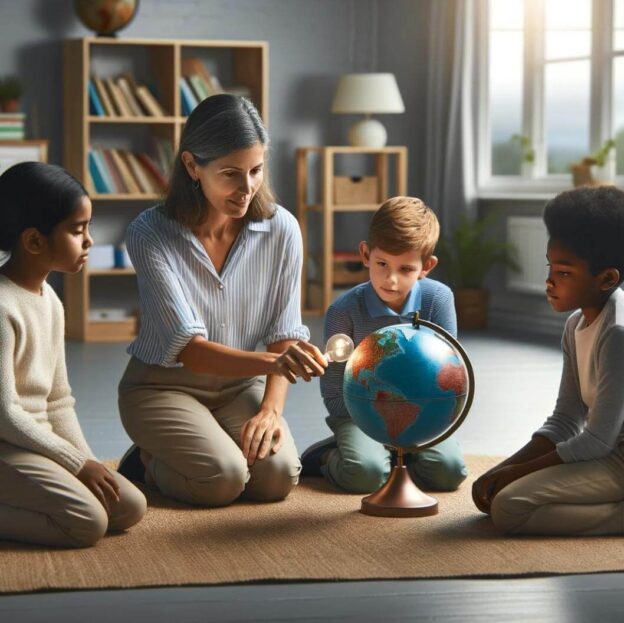
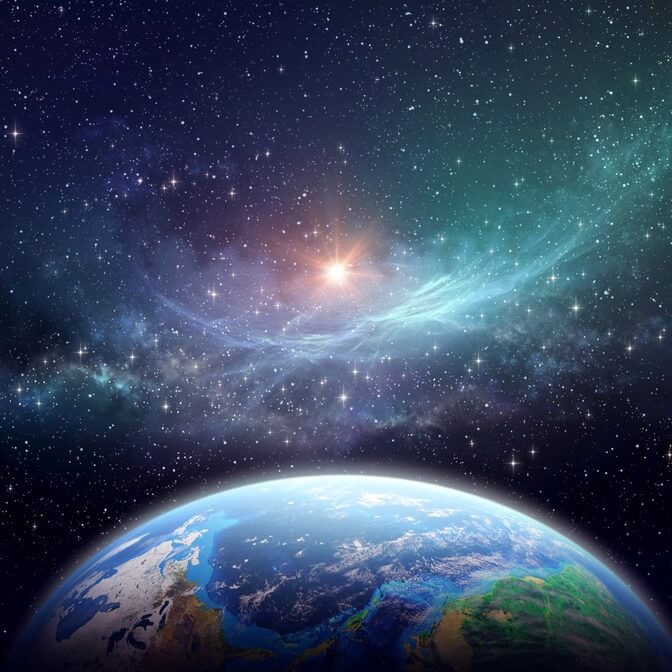
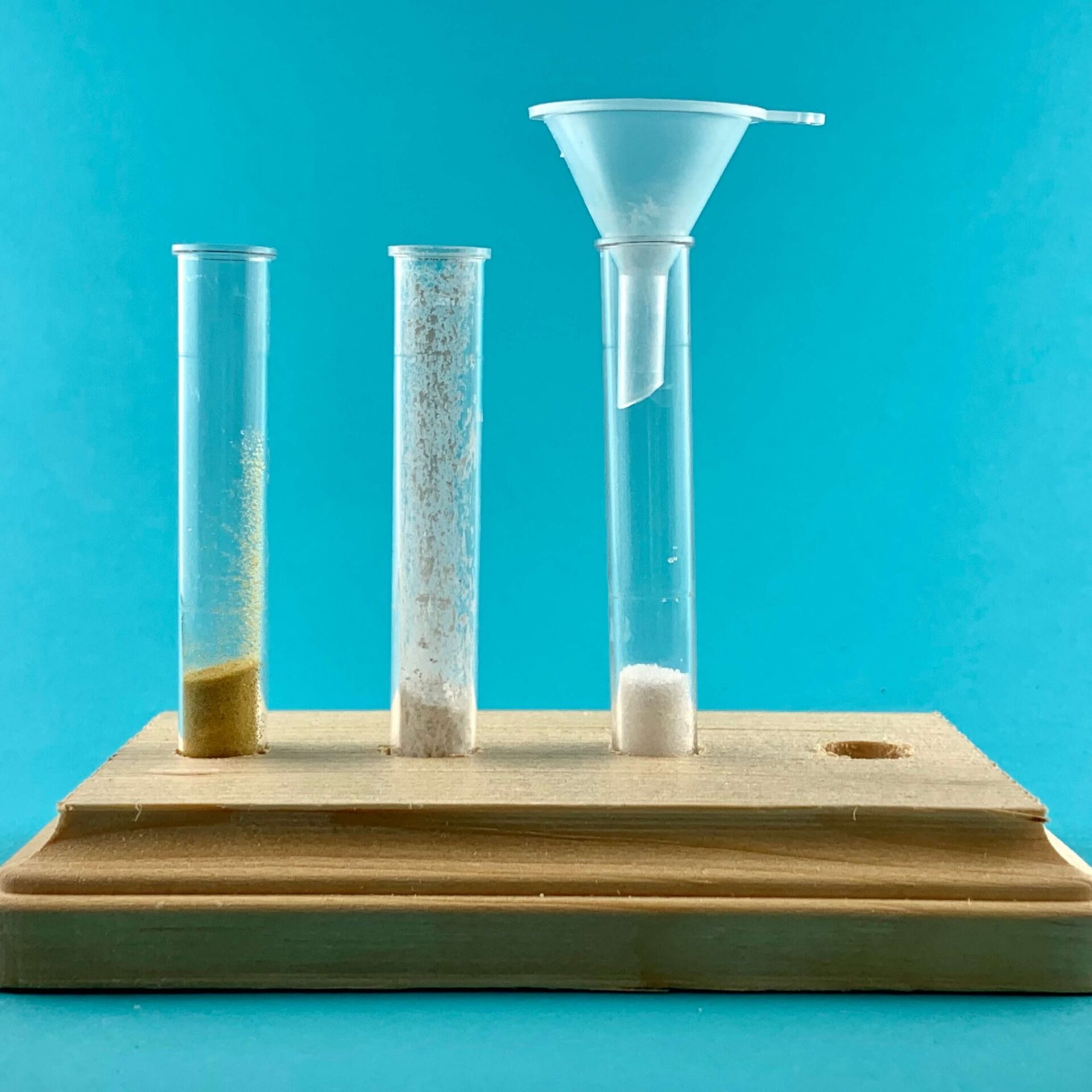
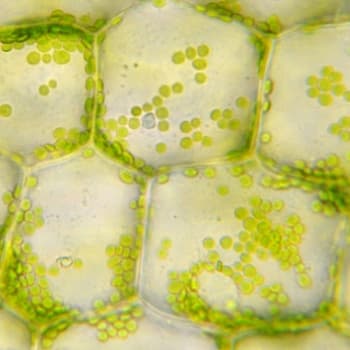

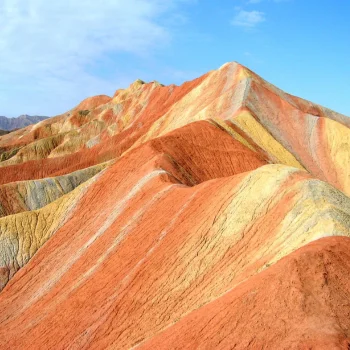
Responses